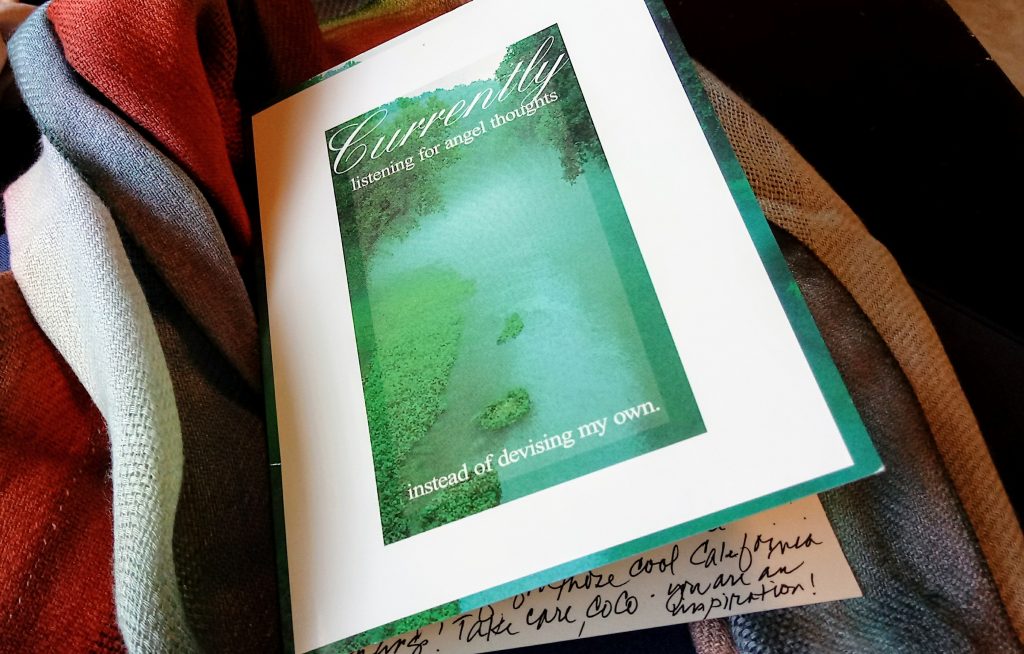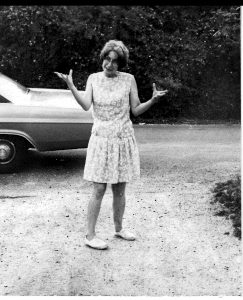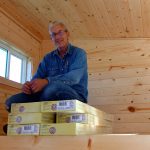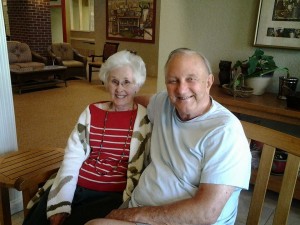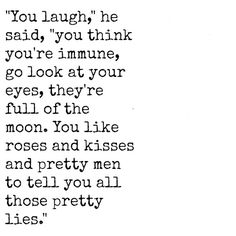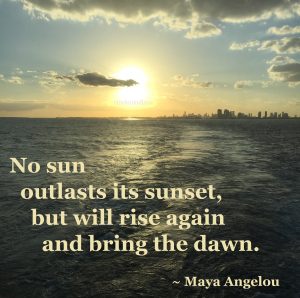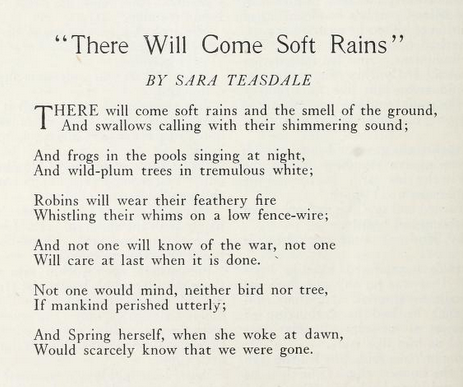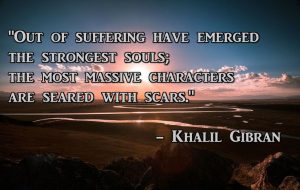As my son and I rode the train and walked over half of the Loop in downtown Chicago, we talked. Or should I say: He talked, and I asked questions and listened. I couldn’t help thinking over and over: My mother would love this kid.
Patrick understands concepts on which I have only a tenuous grip. Political movements, economic policies, the rise and fall of various governmental entities and efforts: he discusses world events intently, with an astounding casual confidence. He has me read from supposed news sites and articles purporting to be informational, then cuts through their nuanced offerings with ease, showing me how I can discern between objective accounts and propaganda. He lays people and organizations on a graduated scale, from extreme right to extreme left, and then outlines why he chooses to gravitate closer to the latter.
His compassion, empathy, and regard for humanity overwhelms me. He cares about people. He walks, talks, and lives his connection to the world in which he finds himself. He’s surpassed my hopes for him; he works his values and he honors every principle that I ever tried to help him internalize.
He has two jobs, works seven days a week, lives in Evanston because he likes the neighborhood, recycles, rides the train as though he’s been doing it all his life, and has a regular place he takes his car which checked the air in my right front tire without charging me for putting it on the lift to make sure it didn’t have a leak. I’d say my boy has arrived. At twenty-six, he’s more level-headed than I’ve ever been. He’s idealistic in his goals for the world but realistic as to the potential of pulling America from its current lamentable condition to become a nation based on equality, which provides the same chance for each of its citizens.
We went downtown so I could ride the train and get coffee at my brother Frank’s favorite hidden gem, Hero Coffee at Pickwick Place. We didn’t expect to encounter a protest, nor did either of us anticipate my emotional reaction to the line of women standing mute and strong against the loss of personal choice. The experience put us in a contemplative mood. Off and on throughout the day, we fell into rumination about the terrible regression of America; about misogyny, racism, and the erosion of the small gains toward equality made in the twentieth century. He knew so much: History, economics, sociology, political theory and practice. By the end of the day, I found myself overwhelmed with awe at the quiet self-assurance and intuition of this manchild to whom I gave birth. Not just a musician, not just a writer, but a citizen who understands why socialism has failed in the tiny country of Venezuela and how capitalism has failed Americans. What a kid. I have no complaints. He’s done his lineage proud.
It’s the fifteenth day of the forty-sixth month of My Year Without Complaining. Life continues.
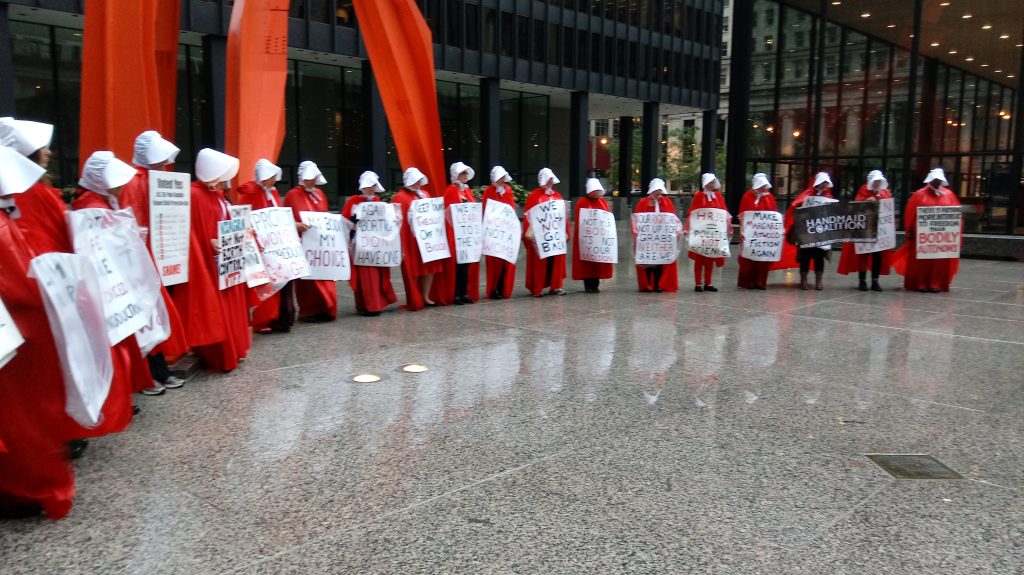
As a sixty-two year old who marched in a Take Back The Night rally in 1977 and celebrated the Roe v. Wade decision in 1973, the sight of these brave women outside the federal building in downtown Chicago moved me to tears.
